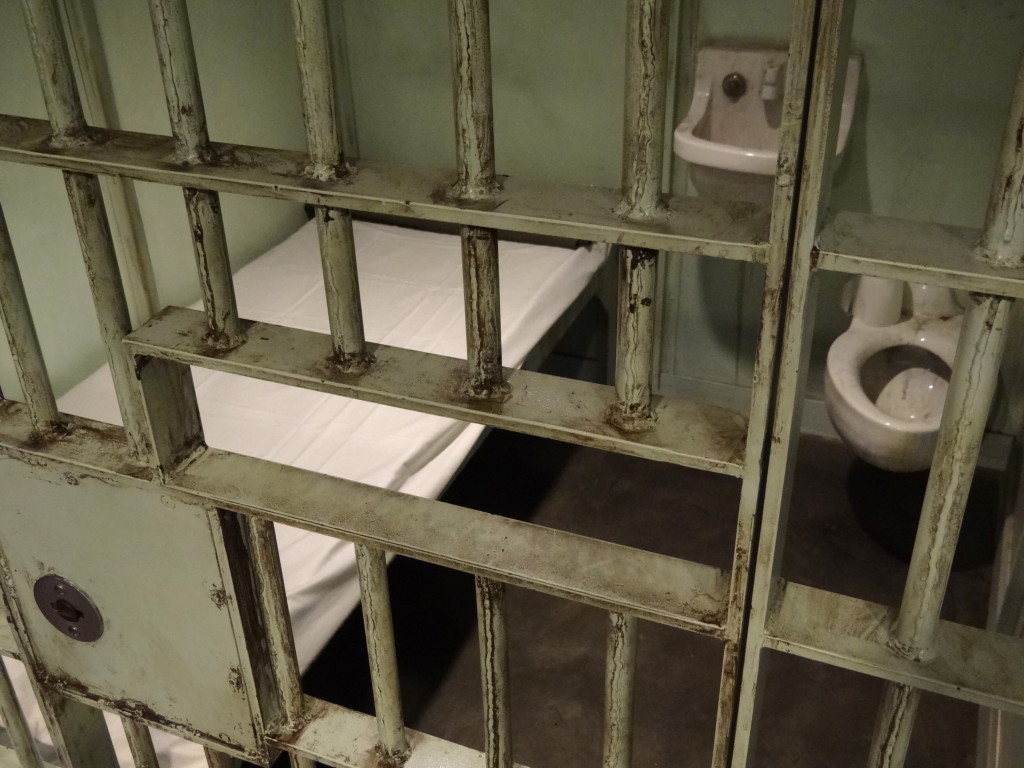From Martin Luther King, Jr’s “Letter from the Birmingham Jail” written to the religious leaders of Birmingham who had published an editorial in the newspaper about his protests in the City.
“I MUST make two honest confessions to you, my Christian and Jewish brothers. First, I must confess that over the last few years I have been gravely disappointed with the white moderate. I have almost reached the regrettable conclusion that the Negro’s great stumbling block in the stride toward freedom is not the White Citizens Councillor or the Ku Klux Klanner but the white moderate who is more devoted to order than to justice; who prefers a negative peace which is the absence of tension to a positive peace which is the presence of justice; who constantly says, “I agree with you in the goal you seek, but I can’t agree with your methods of direct action”; who paternalistically feels that he can set the timetable for another man’s freedom; who lives by the myth of time; and who constantly advises the Negro to wait until a “more convenient season.” Shallow understanding from people of good will is more frustrating than absolute misunderstanding from people of ill will. Lukewarm acceptance is much more bewildering than outright rejection.”
The letter disturbed me when I first read it many years ago. I realized that one of those leading Christian clergy who had co-authored the editorial that had appeared in the Birmingham Newspaper had been the Bishop of the Methodist Church at the time, and that I had studied under him at Emory University. I knew that he and the Episcopal Bishop of Birmingham along with the Catholic Bishop and the Rabbi of one of the Synagogues in Birmingham had all supported the civil rights movement. I also knew that even with their good intentions and support, they had called for order rather than for justice. They had called for an absence of tension rather than the presence of justice. They had agreed to the goal of civil rights but refused to participate in direct action. They had asked King and the movement to wait—presuming that their timetable was somehow better than his.
It was disturbing to me because religious leaders whom I knew to be progressives for their time and some of whom I personally knew and admired had taken a position that was, in fact, an obstacle. It also disturbed me because this was the kind of white, middle class, moderate culture I knew. I had never seen myself the way that King helps me to see myself in this letter.
I learned early on to prefer order to almost anything. To prefer the lack of tension to speaking about the elephant in the room. To talk about lofty goals and never about how to actually achieve them. This letter made me deeply uncomfortable because it made me realize that my comfort and my way of life rested squarely on the discomfort and repressed way of life of others. I didn’t write that editorial, but when King responded with his letter from the Birmingham City jail, in many ways, he was talking about me. I had grown up in a life—not at all rich—but privileged with a security protected by keeping things the way they were.
Sometimes, what the Muses inspire can be deeply disturbing.
Bob Patrick

